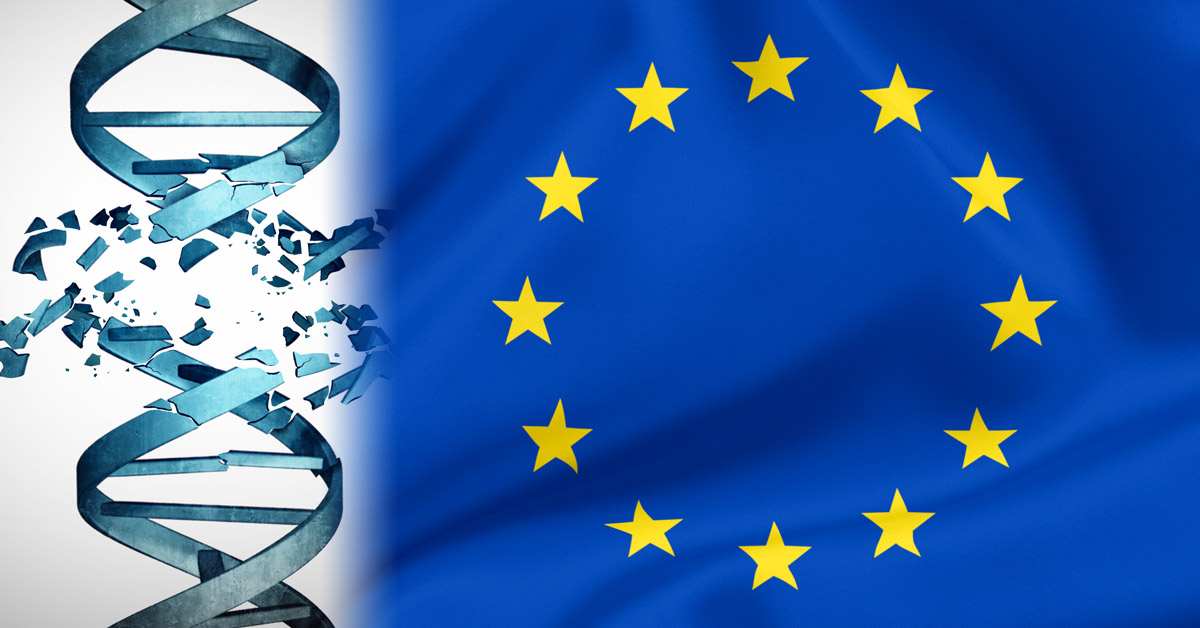
Support for GM crops is declining among member states
Recent years have seen a massive push from the GMO lobby to exempt gene editing from the EU's GMO laws, thus enabling them to escape safety checks and labelling. This de-regulation would require the GMO Directive 2001/18 to be opened up in order to change the definition of a GMO.
But a peer-reviewed paper suggests that there is no appetite among EU member states to support such a move.
In their paper on the EU regulation of new GM techniques (called in the paper "New Plant Breeding Technologies") and their economic implications, the researchers explain that since 2001, a qualified majority of member states for or against approvals of GMOs for import and processing has never been reached.
In fact, since 2015, the pendulum has swung in the direction of the "against" faction. The maximum number of member states voting in favour of a proposal to approve a GMO was 14 in 2014. In 2019, the highest number in favour was 12.
The authors of the paper, who appear to support the de-regulation of new GM, lament, "The situation is likely to become even more difficult in the wake of Brexit, as the UK has always been a strong supporter of transgenic crops, in addition to having a relatively large population" – higher population being a factor that gives a country's vote more weight.
If a qualified majority in favour of a change to Directive 2001/18 cannot be reached, the European Commission decides. In practice, the Commission has authorised the GMOs in question in a process known as the comitology procedure – a system that has attracted criticism as undemocratic.
According to the authors of the paper, "Not being able to reach consensus on the approval of a GMO in the comitology procedure is... a strong indication that any proposed change to Directive 2001/18 is likewise unlikely to receive a positive qualified majority, even ignoring the difficulty of reaching agreement on the type of changes that would be required in the first place."
They add that even if a change in policy is supported, this "would take several years, given the highly controversial nature of the topic".
In our view, there's a lurking possibility that some member states may be blinded by GMO lobby "fairy dust" in the form of the inflated claims that are being made for the ability of new GM techniques to solve just about every food and farming problem.
It's up to all of us to keep reminding policymakers, the media, and the public that the solutions to these problems are already available in the form of the Peasant Food Web, a diverse network of small-scale producers that feeds 70% of the world, including the most hungry and marginalized people. As ETC Group says, "It is the Peasant Food Web that has the diversity, resilience, and light footprint needed to successfully adapt to climate change."
---
The new paper:
Justus H.H. Wesseler and P. Purnhagen (2020). EU Regulation of New Plant Breeding Technologies and their Possible Economic Implications for the EU and Beyond. Applied Economics Perspectives and Policy. DOI: 10.13140/RG.2.2.29932.39045. On attempting to access this paper on 17 Dec 2020 the website was not working, but a pre-print is available here: https://www.researchgate.net/publication/344151741_EU_Regulation_of_New_Plant_Breeding_Technologies_and_their_Possible_Economic_Implications_for_the_EU_and_Beyond